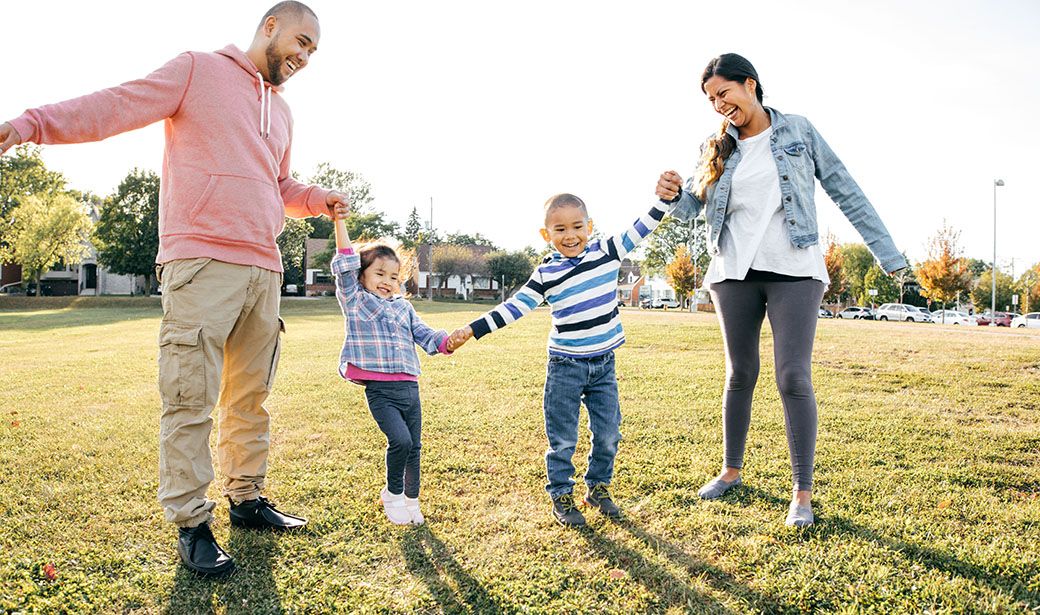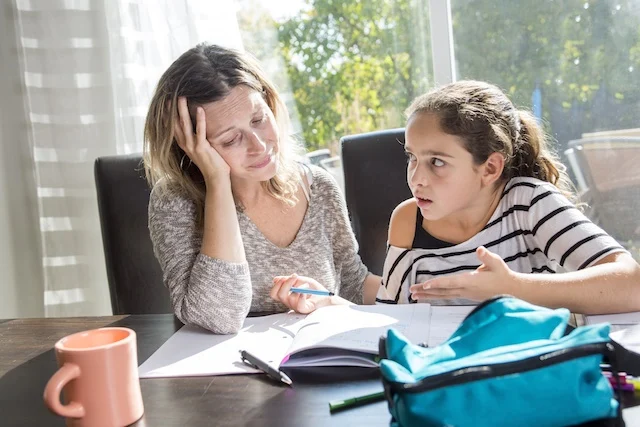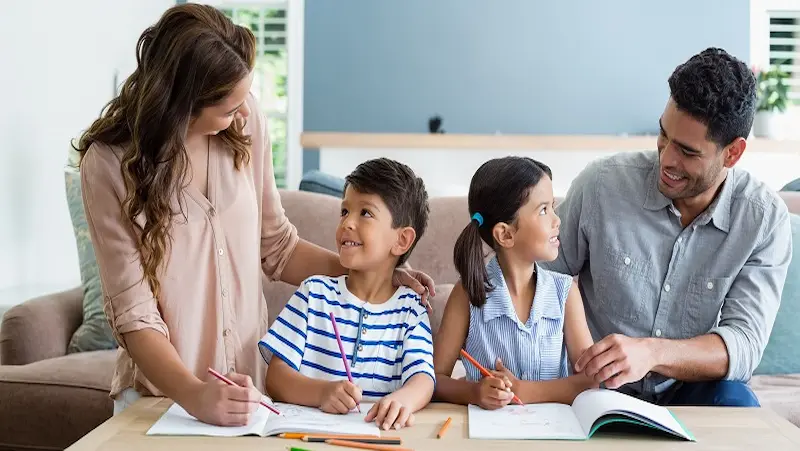What Can Parents Do to Nurture Trauma-Healed Children?
To nurture trauma-healed children, create a safe haven with trust, routine, and emotional support. Acknowledge their feelings and set consistent boundaries. Listen actively and offer comfort without judgment. Prioritize your self-care to stay strong for them. Celebrate their progress and resilience to boost confidence. Remember, you play a pivotal role in their healing journey.
Key Takeaways
- Provide consistent love, validation, and empathy.
- Create a safe and supportive environment.
- Encourage emotional expression and active listening.
- Establish predictable routines and boundaries.
- Celebrate progress and resilience milestones.
Understanding Trauma and Its Impact

Understanding the profound impact of trauma on children is essential for providing effective support and healing interventions. Trauma can leave lasting scars on a child’s emotional well-being, affecting their ability to regulate emotions and navigate daily challenges. Recognizing triggers that may evoke past trauma is vital in creating a safe and supportive environment for the child. By understanding these triggers, caregivers can help children develop healthy coping mechanisms and build resilience.
Emotional regulation plays a key role in the healing process for traumatized children. Teaching children how to identify and manage their emotions can empower them to navigate difficult situations and reduce the impact of past trauma. Providing a nurturing and stable environment where children feel safe expressing their emotions is crucial for their healing journey. Encouraging positive coping mechanisms, such as mindfulness exercises or creative outlets, can aid in the emotional healing process and support the child in developing effective ways to cope with stress and anxiety.
Building Trust and Security

To help children who’ve experienced trauma, it’s vital to focus on building trust and security. By being consistent in your actions and words, you can show them they can rely on you.
Creating safe spaces where they feel protected and understood is critical for their healing journey.
Trust Through Consistency
Consistency in your actions and responses is key to building trust and security for trauma-healed children. By setting consistent boundaries and establishing reliable routines, you create a sense of predictability and safety that’s essential for these children’s healing process.
Trauma-healed children often struggle to trust due to past experiences of inconsistency and unpredictability. By maintaining consistent boundaries, you provide them with a clear understanding of expectations and consequences, helping them feel secure and understood.
Reliable routines offer a sense of stability and structure, which can be incredibly reassuring for trauma-healed children. Knowing what to expect and having a routine to rely on can reduce anxiety and create a sense of normalcy in their lives.
Consistency in your daily interactions and responses helps build trust over time, showing these children that they can depend on you to be there for them consistently. By prioritizing consistency in your parenting approach, you can nurture a strong foundation of trust and security for trauma-healed children to thrive.
Creating Safe Spaces
Establishing safe and nurturing environments is foundational for building trust and security in trauma-healed children. Supportive communities and healing environments play an important role in creating these safe spaces. By surrounding children with caring individuals and positive influences, you provide a foundation for them to feel secure and develop trust.
Encouraging autonomy is another essential aspect of fostering safe spaces for trauma-healed children. Allowing them to make choices and decisions empowers them, instilling a sense of control and independence.
Embracing vulnerability is also key; validating their feelings and experiences helps them feel understood and accepted.
Encouraging Emotional Expression
Encouraging children to freely express their emotions is an essential aspect of nurturing trauma-healed individuals. By promoting vulnerability and supporting healing through expression, parents play a pivotal role in helping their children navigate their emotions and experiences.
Research shows that allowing children to express their feelings openly can lead to improved emotional regulation and overall well-being.
As a parent, it’s important to create a safe and supportive environment where your child feels comfortable sharing their emotions. Listen actively, validate their feelings, and avoid judgment. Encourage them to use words to describe how they feel, and provide them with coping mechanisms such as drawing, journaling, or engaging in physical activity.
Remember that healing from trauma is a journey, and each child may express their emotions differently. Be patient and consistent in your support.
Establishing Predictability and Routine
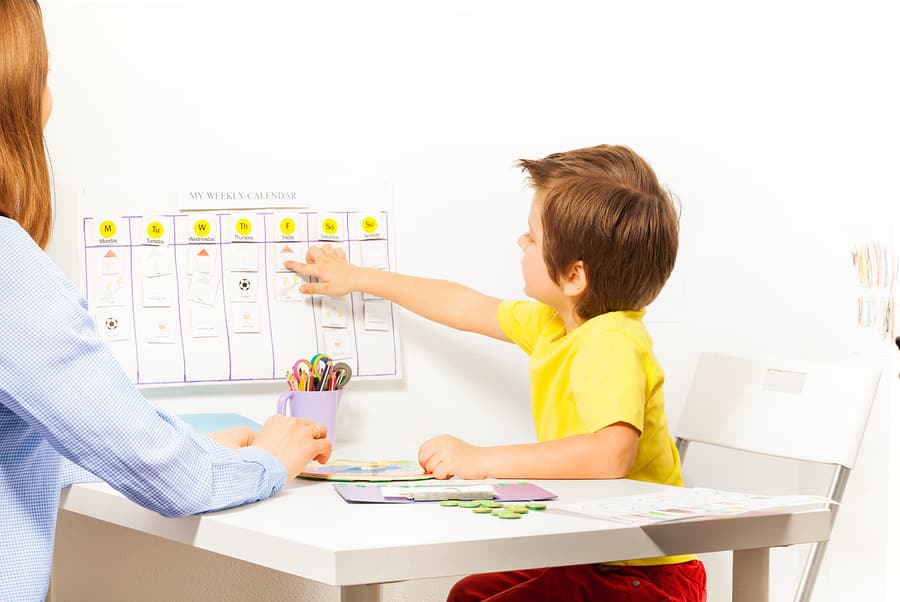
To further support your child’s emotional well-being and healing journey, creating predictability and routine in their daily life is essential.
Bedtime routines and morning rituals play a vital role in providing a sense of security and stability for children who’ve experienced trauma. Consistency in bedtime routines can help your child relax and prepare for a restful night’s sleep. Consider activities like reading a bedtime story, dimming the lights, or practicing deep breathing exercises to signal to your child that it’s time to wind down.
Similarly, establishing morning rituals sets a positive tone for the day ahead. Whether it’s a special breakfast together, a morning walk, or a few minutes of quiet time, these routines can help your child start the day feeling grounded and supported.
Practicing Active Listening
Engaging in active listening with your trauma-healed child can deepen your connection and foster their sense of being truly heard and understood. Active engagement involves not just hearing but truly listening to what your child is saying. Show empathy in your responses, acknowledging their feelings and experiences. Validate their emotions by expressing understanding and acceptance of what they share. Providing emotional support through active listening can help your child feel safe and valued.
Research shows that active listening can improve communication, strengthen relationships, and enhance emotional well-being. When you practice active listening with your trauma-healed child, you create a space where they feel comfortable opening up about their thoughts and feelings. Your empathetic responses show that you care and are there to support them unconditionally.
Fostering Positive Relationships
You can foster positive relationships with trauma-healed children by prioritizing building trusting bonds and providing safe spaces for them.
These actions create a supportive environment where children feel secure and valued, enhancing their emotional well-being.
Building Trusting Bonds
Building trusting bonds with trauma-healed children is vital for their emotional well-being and development. By nurturing attachment and fostering growth through positive relationships, parents can play an essential role in building resilience and promoting healing. Research shows that secure attachments and trusting bonds can help children feel safe, supported, and capable of forming healthy relationships in the future.
To foster positive relationships with trauma-healed children, it’s important to listen actively, show empathy, and provide a consistent and predictable environment. Validate their feelings, offer encouragement, and create opportunities for shared experiences that strengthen the bond between you.
Building trust takes time and patience, so be understanding of their journey and celebrate small milestones along the way.
Providing Safe Spaces
To create a nurturing environment for trauma-healed children, establishing safe spaces is essential in fostering positive relationships that support their emotional growth and healing. Safe boundaries play a vital role in providing a sense of security and predictability for children who’ve experienced trauma.
By setting clear expectations and limits, you create an environment where they feel protected and understood. Encouraging open communication and active listening helps in building trust and promoting emotional well-being.
Creating a supportive environment involves offering consistent love and validation, showing empathy, and being present for your child. Acknowledge their feelings and experiences without judgment, and reassure them that they’re safe and valued.
Promoting Self-Care for Parents
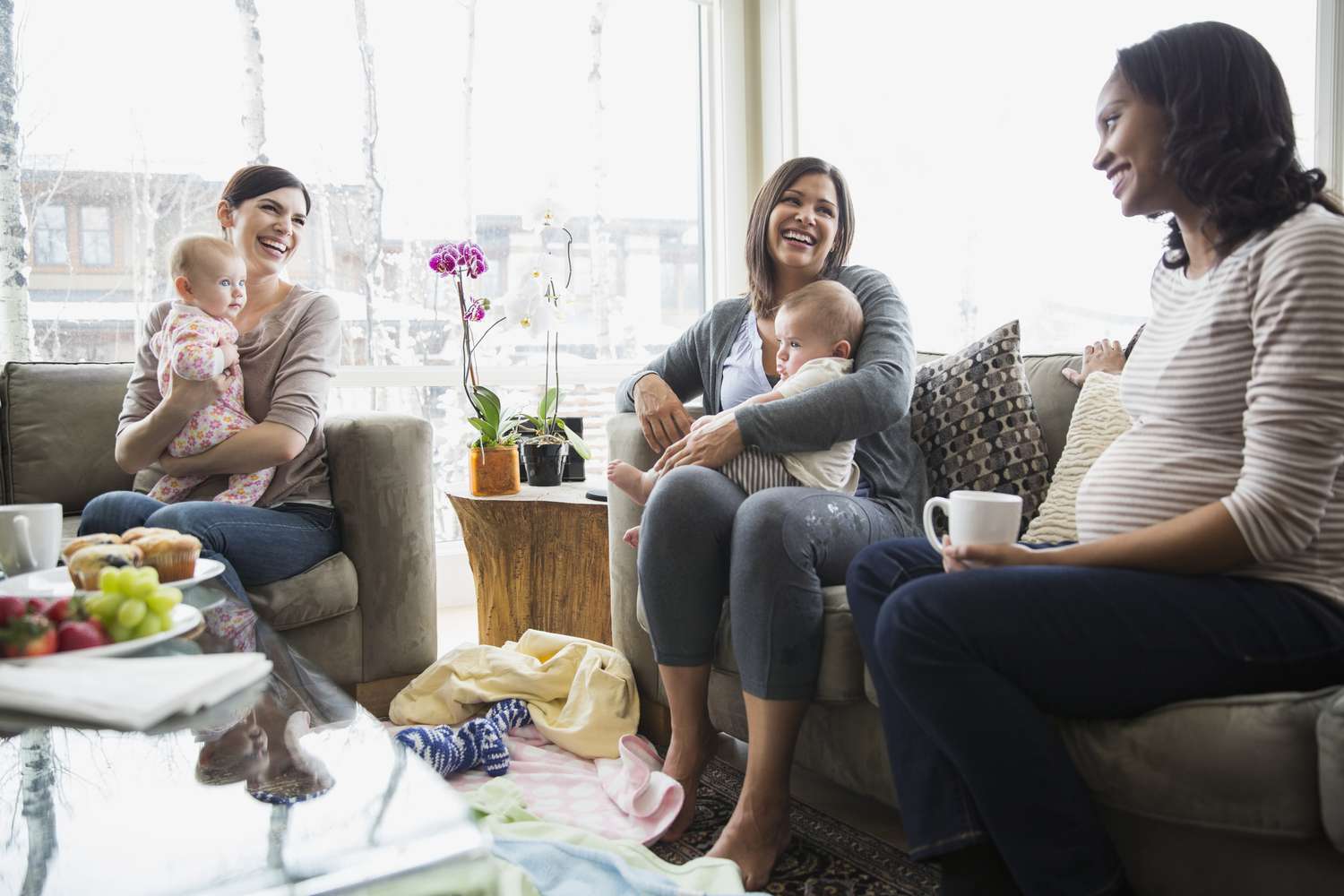
Consistently prioritizing your own self-care is vital when nurturing trauma-healed children. Managing stress is essential to maintain your well-being and provide the best support for your children.
To effectively manage stress, consider incorporating daily self-care practices into your routine. Take short breaks throughout the day to relax and recharge, practice mindfulness or meditation, engage in physical activity, or simply do something you enjoy.
Self-care tips for parents include setting boundaries to protect your time and energy, seeking social support from friends or support groups, and ensuring you get adequate rest and nutrition. Remember that taking care of yourself isn’t selfish but necessary for your ability to care for your children effectively.
Acknowledge your own emotions and seek healthy outlets to express them, such as journaling or talking to a trusted friend or therapist.
Seeking Professional Support
When maneuvering through the complexities of nurturing trauma-healed children, seeking professional support can provide invaluable guidance and resources for both you and your child. Finding therapists who specialize in trauma recovery can offer tailored strategies to help your child heal and cope effectively. These professionals are equipped with the knowledge and skills to address the specific needs that trauma-affected children may have, ensuring a supportive and understanding environment for their healing journey.
Seeking counseling for both you and your child can also be instrumental in managing the challenges that arise from past traumas. A trained counselor can offer you coping mechanisms, communication strategies, and emotional support to help you better understand and address your child’s needs. Additionally, counseling sessions can provide a safe space for your child to express their feelings, process their experiences, and learn healthy ways to cope with their emotions.
Creating a Safe Physical Environment
Creating a safe physical environment is fundamental in supporting trauma-healed children‘s continued growth and well-being. By establishing safe boundaries and providing comfortable surroundings, you can create a space where your child feels secure and nurtured. Safe boundaries include clear rules and expectations, creating a sense of predictability and stability for children who’ve experienced trauma. This can help them feel more in control and reduce anxiety.
Comfortable surroundings play a pivotal role in making your child feel at ease and promoting relaxation. Consider factors like lighting, noise levels, and overall organization of the space to create a calming environment.
Personalize their space with items that bring them comfort and joy, such as favorite toys or pictures. This can help create a sense of ownership and belonging, boosting their self-esteem and sense of security.
Celebrating Progress and Resilience
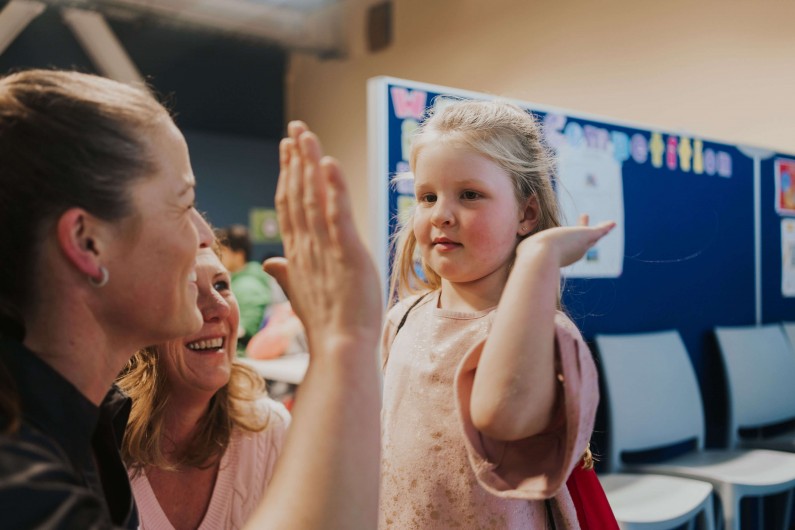
Throughout your journey in nurturing trauma-healed children, acknowledging and celebrating their progress and resilience is vital for their emotional growth and well-being. Celebrating milestones, no matter how small, can have a profound impact on your child’s self-esteem and sense of accomplishment. By recognizing growth and strength, you’re validating their efforts and instilling confidence in their abilities to overcome challenges.
Research shows that children who feel supported and celebrated are more likely to develop resilience and a positive outlook on life. Your encouragement and praise serve as powerful tools in building their emotional resilience and fostering a sense of security. By highlighting their achievements, you’re reinforcing their inner strength and fortitude.
Frequently Asked Questions
How Can Parents Address Triggers in Everyday Situations?
When triggers arise in everyday situations, utilize grounding techniques like deep breathing or focusing on your senses. Engage in sensory activities to redirect focus. Open communication with your child and prioritize your own self-care to better support them.
What Activities Can Help Children Regulate Their Emotions?
To help regulate emotions, try engaging in mindfulness exercises like deep breathing or meditation. Encouraging creative outlets such as drawing, dancing, or journaling can also provide a healthy way for children to express and manage their feelings.
Is It Normal for Trauma-Healed Children to Have Setbacks?
It’s common for trauma-healed children to experience setbacks despite progress. Remember, regression can be part of growth. Stay patient, offer support, and seek professional guidance when needed. You’re not alone in handling these challenges.
How Can Parents Support Siblings of Trauma-Healed Children?
Supporting siblings of trauma-healed children is essential. Maintain open communication, address concerns promptly, and encourage sharing feelings. Understand family dynamics impact everyone. Prioritize emotional wellbeing for all to create a safe and supportive environment.
What Role Do Extended Family Members Play in the Healing Process?
Extended family support is crucial in the healing process for trauma-healed children. Their involvement provides a broader network of care and stability. The importance of extended family members cannot be understated; they offer unique perspectives and additional love.
Conclusion
As a parent, you play an essential role in nurturing trauma-healed children. By understanding the impact of trauma, building trust, encouraging emotional expression, establishing routine, practicing active listening, promoting self-care, seeking professional support, creating a safe environment, and celebrating progress, you can help your child heal and thrive.
Remember, you aren’t alone in this journey, and with patience, love, and support, you can make a positive difference in your child’s life.

Chad Adan Kace, a young dad from Vermont, shares his parenting journey with a touch of humor and lots of love. Father to a lively baby, he explores the joys and challenges of fatherhood through his stories.

